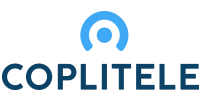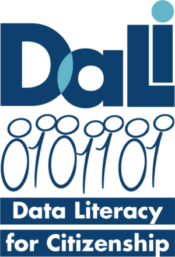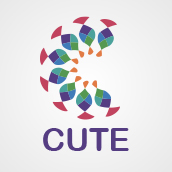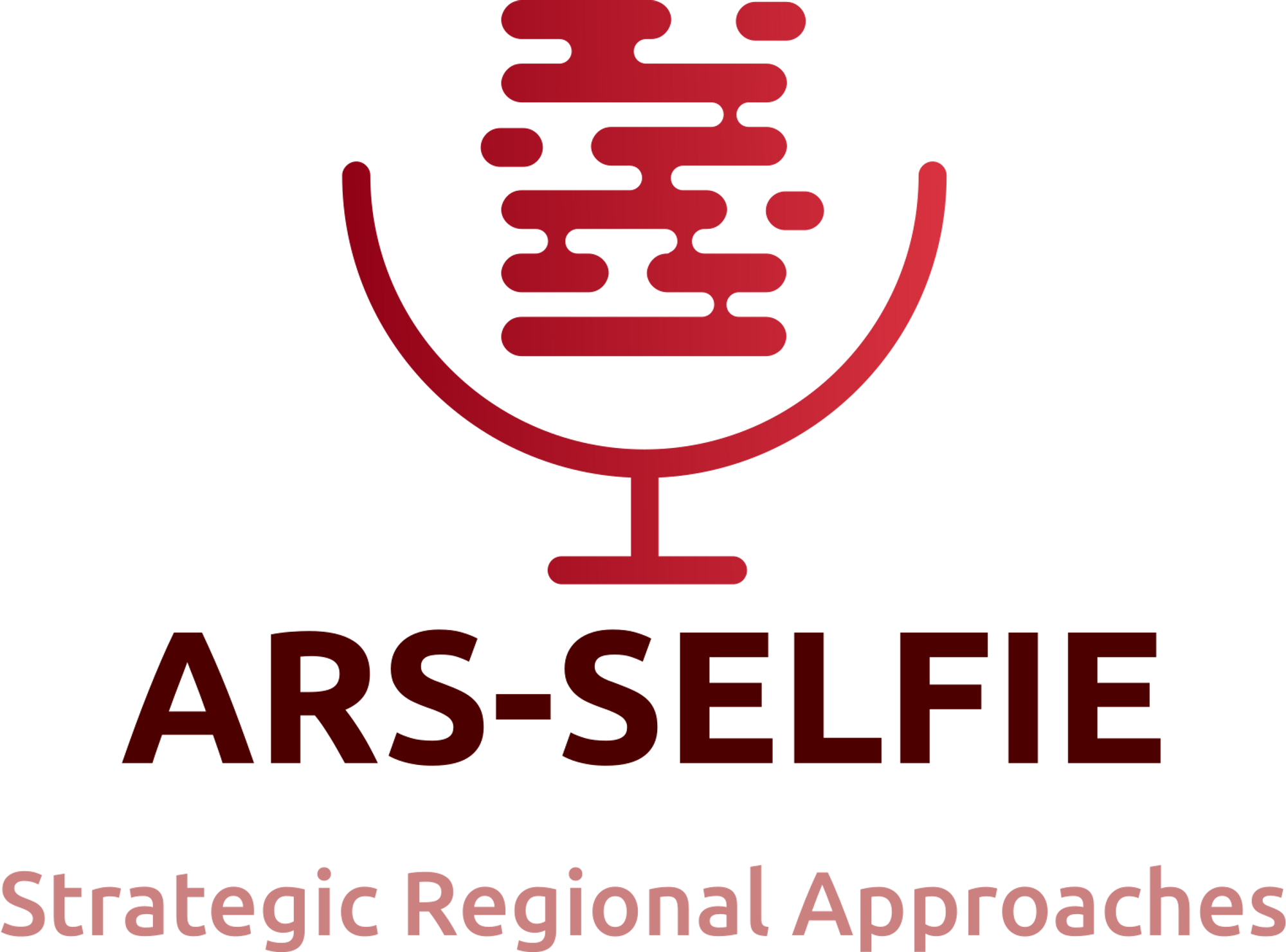The Digital Competence Project for University Teachers – Training and Accreditation. DigCompEdu-FyA is a project that is part of the UniDigital Plan, which is included in the Spain Digital 2026 agenda published by the Ministry of Economic Affairs and Digital Transformation, specifically within axis 03 of the Spain Digital agenda (measure 12). This project involves 35 Spanish universities and is coordinated by the University of Alcalá, the University of Seville, and the University of Murcia.
Given that the digital transformation of education is a priority across the European Union, particularly since the COVID-19 health crisis, many efforts have been and continue to be made to develop teachers’ digital teaching competence, understood as an essential component of this transformation process.
In this context, the DigCompEdu Training and Accreditation Project (DigCompEdu-FyA) emerges with the aim of developing a training program to improve the digital competences of university teaching staff and proposing certification mechanisms for the competences acquired.
To achieve the dual objective proposed by the project, the first action required was developing a University Digital Teaching Competence Framework (MCDDU). The MCDDU was born as an adaptation of the European Digital Competence Framework for Educators (DigCompEdu) and the National Digital Competence Framework for Teaching (MRCDD), considering the particular nature of Higher Education and, therefore, the need to adapt the framework to the specific context of our institutions.
In the time we have been working, besides a training offer on which we continue to work coordinated from UAH by Emiliano Pereira, we have achieved some work milestones that, referring to the accreditation part, have been coordinated by me (Linda Castañeda) and carried out by the team of the University of Murcia:
IMPORTANT: everything has been developed only in Spanish.
UNIVERSITY DIGITAL TEACHING COMPETENCE FRAMEWORK.
The University Digital Teaching Competence Framework (MCDDU) is an adaptation of the European DigCompEdu framework to the Spanish context, materialized in the National Digital Competence Framework for Teaching (MRCDD). This report not only details the methodology, actions implemented, and changes made during the creation of the MCDDU, but also extensively presents the framework itself, outlining its formative and accrediting elements.
MCDDU Professional Examples Catalogues for University Teaching Staff
The MCDDU catalogues are collections of professional examples designed to help university teaching staff understand and apply the University Digital Teaching Competence Framework (MCDDU). Each catalogue is adapted to one of the five major fields of knowledge, providing specific and relevant examples that illustrate how digital competence can be demonstrated and developed in different educational contexts.
- Social and Legal Sciences
- Arts and Humanities
- Health Sciences
- Physical and Experimental Sciences
- Engineering and Architecture
- General Report detailing how and why the above catalogs were made Read Report
Accreditation Protocol Explanation
The Accreditation and Certification Protocol of the University Digital Teaching Competence DigCompEdu FyA is a comprehensive set of guidelines and processes designed to ensure that the digital competence of university teaching staff is effectively recognized and certified. The protocol outlines the specific criteria that educators must meet to achieve certification, providing a clear and structured approach to evaluating and accrediting their digital skills.
Developed through extensive research and collaboration among participating universities, the protocol ensures that the accreditation process is rigorous, transparent, and aligned with both national and international standards. It serves as a critical tool in the ongoing efforts to elevate the quality of digital teaching practices across higher education institutions.
Digital Teaching Competence Certification Protocol
The Accreditation and Certification Protocol of the University Digital Teaching Competence DigCompEdu FyA</strong> is a comprehensive set of guidelines and processes designed to ensure that the digital competence of university teaching staff is effectively recognized and certified. The protocol outlines the specific criteria that educators must meet to achieve certification, providing a clear and structured approach to evaluating and accrediting their digital skills.</p>
Developed through extensive research and collaboration among the participating universities, the protocol ensures that the accreditation process is rigorous, transparent, and aligned with both national and international standards. It serves as a critical tool in the ongoing efforts to elevate the quality of digital teaching practices in higher education institutions.
The DigCompEdu FyA project has been directed by:
Juan Ramón Velasco Pérez (UAH), Pedro Miguel Ruiz Martínez (UM), and María Isabel Hartilo Hermoso (US).
From the University of Murcia, we have been working on it, Antonio Ruiz Martínez, Nuria Vanaclocha, and myself, Linda Castañeda.
As soon as there are more updates, I will update this page.





